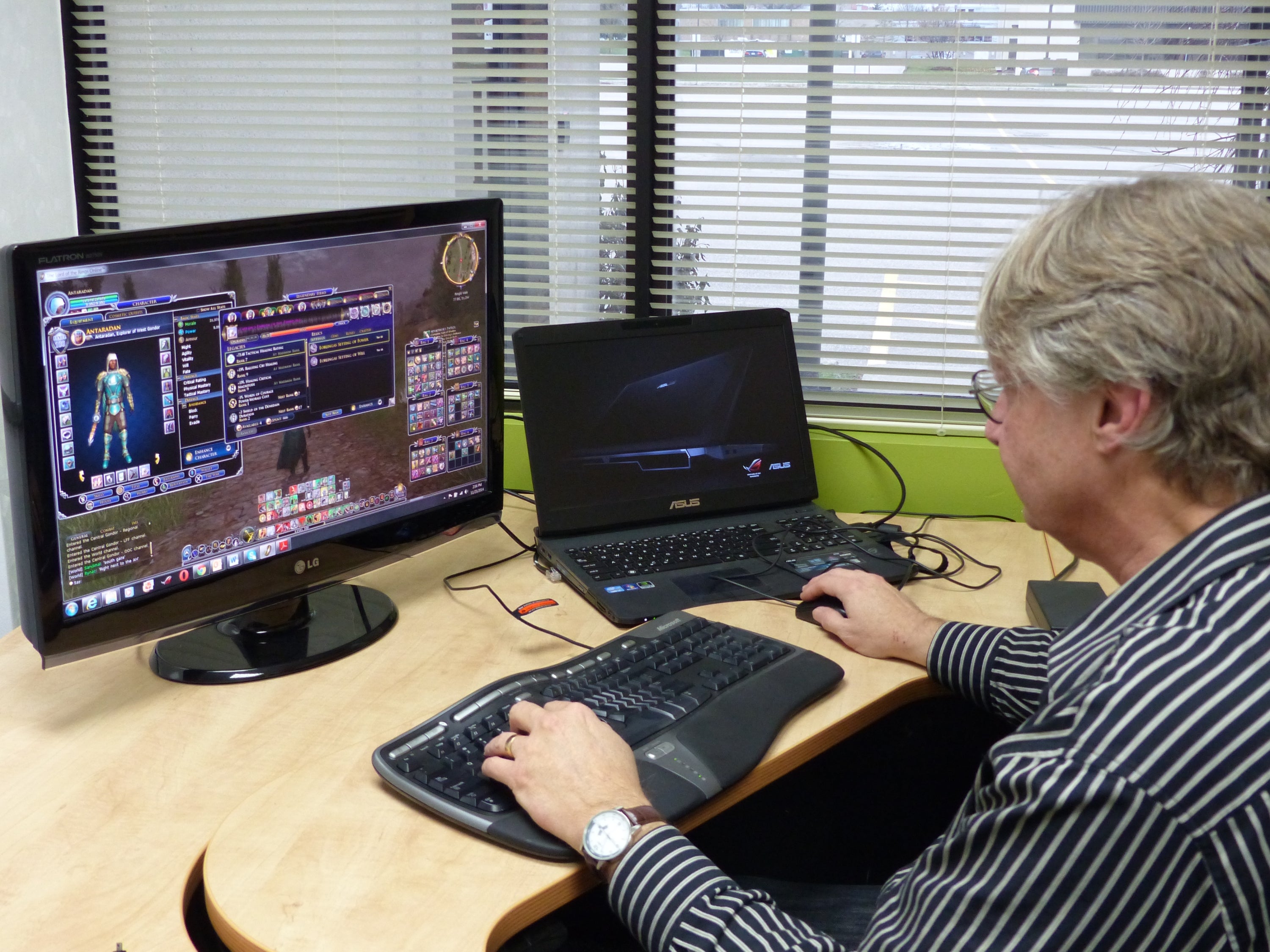
The Games Institute officially came into being in June 2011. Those of us who collaborated to put it together, of whom Doctors Karen Collins (Drama & Speech Communications), Stacey Scott (Systems Design Engineering), and I (English) were the first members, decided we needed a formal research centre if we wanted to push the study of games to the forefront, and to make sure that we were engaging all the departments and faculties that we needed to get involved. Games, by their very nature, are multidisciplinary creations, and whenever we discussed what games could become we knew that we needed research and creativity from essentially all disciplines. The future of games will rely on new technologies and new ways of interacting with those technologies, but it will also rely heavily on psychological and sociological understandings of what we do when we play, on stories and narratives that reach far beyond what today’s games offer, and on extensive work in a wide range of fields, from health to education, into how games can guide us, change us, and help us.

Walk around the Games Institute space on any given day and you’ll find professors and grad students engaged in discussions about games, game technologies, game interactions, game narratives, game studies, purposeful games, and gamification. Here you’ll find PhD and Masters students, and some undergrads, in English, Computer Science, History, Engineering, and Kinesiology, and a post-doctoral fellow in Psychology. From its inception, the Games Institute was designed to be a truly interdisciplinary setting, and we’re starting to see the cross-pollination of ideas with much more of this on the horizon.
I’m fully aware that there are many UWaterloo alumni who, like me, are fascinated by games. As the Games Institute’s first Director, I invite you to go to our website – www.uwaterloo.ca/games - and find out more about what we do.